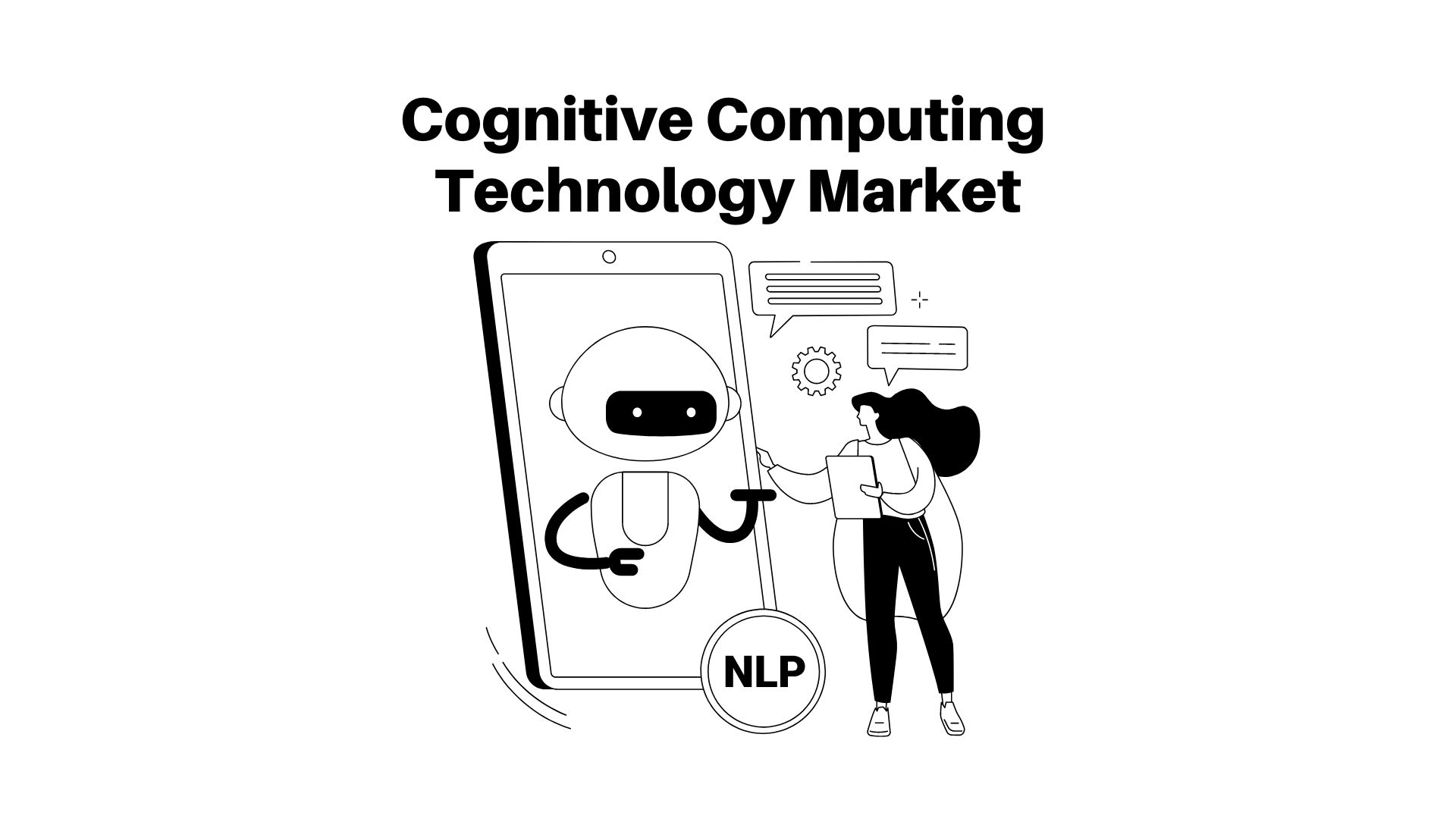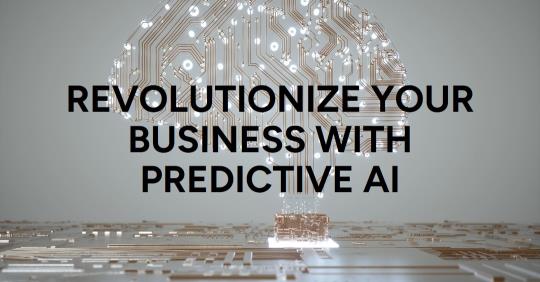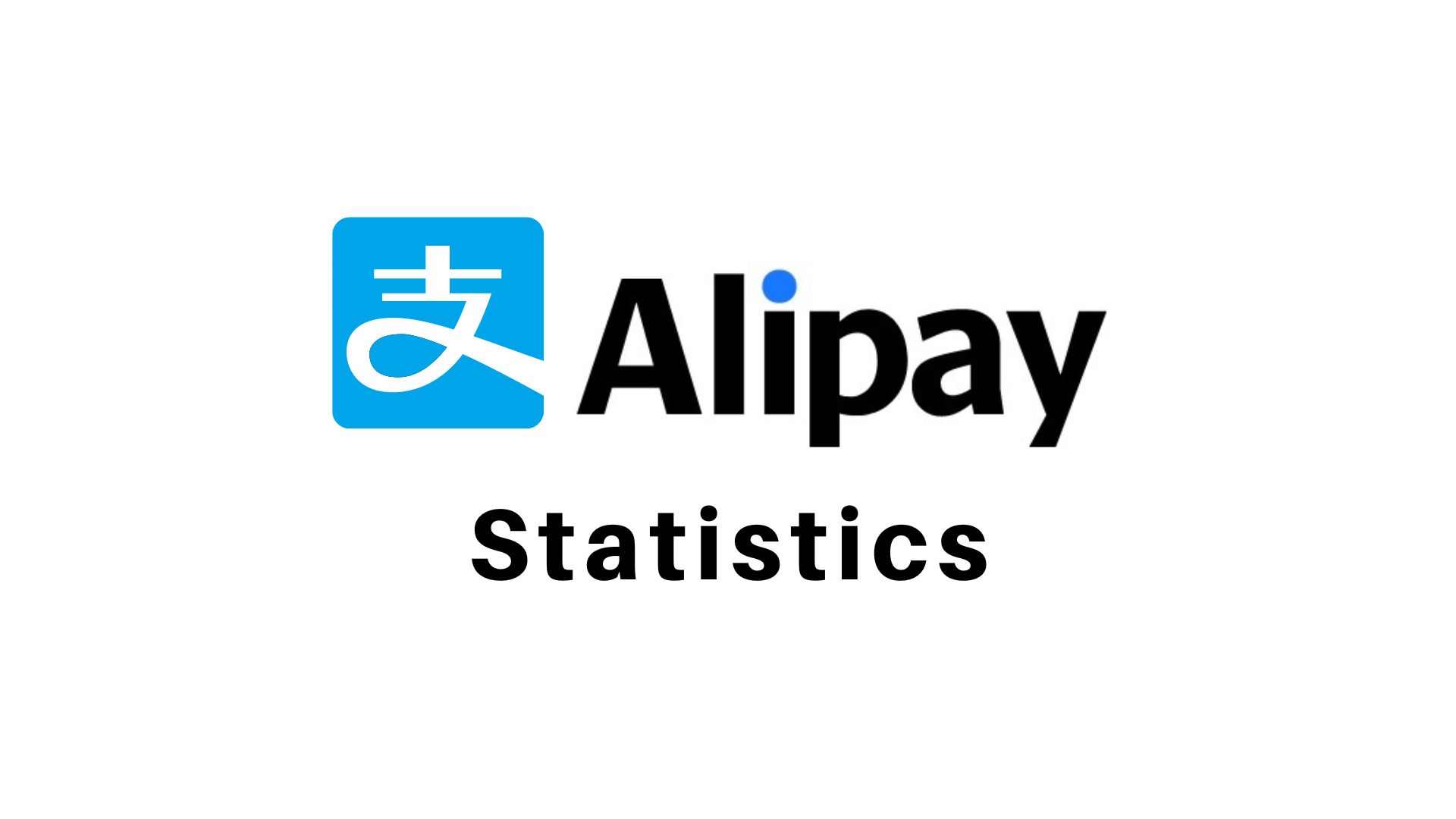Cognitive Computing Technology Market | Rise in Natural Language Processing (NLP) and Machine Learning Type Segment

Page Contents
Market Overview
Published Via 11Press: The cognitive computing technology market is projected to experience a compound annual growth rate (CAGR) of 30-35%. This growth is being spurred on by several factors, including rapid digitalization, increasing adoption of advanced technologies across industries, and an increasing need for data-driven decision-making processes. Additionally, the integration of cognitive computing technology with other emerging technologies such as IoT and RPA, along with increasing demand for advanced analytics in industries like healthcare, finance, and retail are anticipated to further propel market expansion. Despite challenges such as high initial investment costs, lack of skilled personnel, and data privacy concerns, the cognitive computing technology market appears set for significant expansion over the coming years.
Cognitive computing technology is an advanced system that simulates human thought processes by mimicking human brain functions through artificial intelligence, machine learning, natural language processing, and computer vision. These technologies are designed to process, analyze, and interpret vast amounts of structured and unstructured data, enabling businesses to make better decisions, enhance customer experiences, and streamline operations.
Key Statistics (2023)
- Global market value: Approximately USD 35-40 billion
- CAGR (2021-2029): Approximately 30-35%
- Market share of major players: IBM (25-30%), Google (15-20%), Microsoft (10-15%), and others (40-50%)
For more insights on the market share of various regions- Download a Sample Report
Largest and Fastest Growing Region:
- North America is the largest market for cognitive computing technology, driven by the presence of leading technology companies, substantial investments in R&D, and widespread adoption in various industries.
- Asia-Pacific is the fastest-growing region, with an increasing demand for advanced technologies to cater to the growing population and rapid economic development. Countries like China, India, and Japan are the key drivers in this region.
Drivers
- Rapid digitalization and increasing adoption of advanced technologies across industries: As businesses are increasingly turning towards digital solutions, the demand for cognitive computing technology is on the rise to help manage and analyze all the resulting data.
- Companies are increasingly turning to data-driven decision-making processes for more efficient analysis and interpretation, necessitating the demand for cognitive computing technologies.
- Companies are placing greater emphasis on improving customer experiences: Companies are utilizing cognitive computing technology to better comprehend their customers' needs and preferences, leading to more tailored, satisfying interactions.
- Automating and optimizing processes to boost operational efficiency: Cognitive computing technology can simplify various steps, eliminating human error and increasing overall output.
if you require a more targeted analysis of a particular region or segment, our analysts can tailor the market research report to your specific needs. Please feel free to contact us for further assistance @ [email protected]
Restraints
- High Initial Investment and Maintenance Costs: Adopting cognitive computing technology typically necessitates significant investments in infrastructure, software, and training – which may prove challenging for smaller companies or those with restricted budgets.
- Lack of skilled personnel and domain-specific expertise: For cognitive computing technology to be successful, it requires experienced personnel who can manage and develop the systems; this may be difficult to locate in certain regions or industries.
- Data Privacy and Security Concerns: As cognitive computing technology relies heavily on data, concerns about data privacy and security may hinder its widespread adoption.
Opportunities
- Integration of Cognitive Computing with IoT and Other Emerging Technologies: Combining cognitive computing with other technologies, such as the Internet of Things (IoT), can create more sophisticated and efficient solutions across various industries.
- The growing demand for advanced analytics across industries such as healthcare, finance, and retail presents significant opportunities for the cognitive computing technology market.
- Growth Potential in Emerging Markets Like the Asia-Pacific Region: As emerging markets continue to develop, there is an increasing need for advanced technologies like cognitive computing that can help businesses stay competitive.
Buy This Premium Research Report@ https://market.us/purchase-report/?report_id=25341
Challenges
- Data management and processing: The exponential expansion of data generated from various sources poses a major challenge for cognitive computing technology, as managing and processing this vast quantity can be complex and resource-consuming.
- Addressing the Ethical and Legal Implications of AI-Based Systems: As cognitive computing technology continues to advance, concerns may arise regarding potential ethical or legal ramifications such as potential biases in decision-making or use of personal data. These issues must be addressed for this technology to become widely accepted and utilized.
Market Segments
Type
- Natural Language Processing (NLP)
- Machine Learning
- Automated Reasoning
- Others
Application
- BFSI
- Transportation
- Retail
- Energy & Power
- IT & Telecom
- Aerospace & Defense
- Others
Market Players
- IBM
- Microsoft Corporation
- Expert System
- SparkCognition
- Cisco Systems
- HPE
- Palantir Technologies
- Saffron Technology
- ColdLight Solutions
- CognitiveScale
- Enterra Solutions
- Numenta
- Vicarious
- CustomerMatrix
- DataRobot
Frequently Asked Questions
1. What is cognitive computing technology?
Cognitive computing technology refers to systems that can simulate human thought processes by mimicking brain functions using artificial intelligence, machine learning, natural language processing, and computer vision.
2. How does cognitive computing benefit businesses?
Cognitive computing helps businesses by processing and interpreting large amounts of data, enabling better decision-making, enhanced customer experiences, and streamlined operations.
3. What industries can benefit from cognitive computing technology?
Industries such as healthcare, finance, retail, manufacturing, and transportation can benefit from cognitive computing technology by leveraging advanced analytics, automation, and optimization of processes.
4. What are the major players in the cognitive computing technology market?
Major players in the cognitive computing technology market include IBM, Google, Microsoft, and others.
5. What are the main challenges faced by the cognitive computing technology market?
The main challenges faced by the cognitive computing technology market include high initial investment and maintenance costs, lack of skilled workforce and domain-specific expertise, and data privacy and security concerns.
Report Scope
| Regions Covered | North America, Europe, Asia Pacific, Latin America, and Middle East & Africa, and Rest of the World |
| Historical Years | 2017-2022 |
| Base Year | 2022 |
| Estimated Year | 2023 |
| Short-Term Projection Year | 2028 |
| Long-Term Projected Year | 2032 |
Contact us
Contact Person: Mr. Lawrence John
Market.us (Powered By Prudour Pvt. Ltd.)
Tel: +1 718 618 4351
Send Email: [email protected]
The team behind market.us, marketresearch.biz, market.biz and more. Our purpose is to keep our customers ahead of the game with regard to the markets. They may fluctuate up or down, but we will help you to stay ahead of the curve in these market fluctuations. Our consistent growth and ability to deliver in-depth analyses and market insight has engaged genuine market players. They have faith in us to offer the data and information they require to make balanced and decisive marketing decisions.



